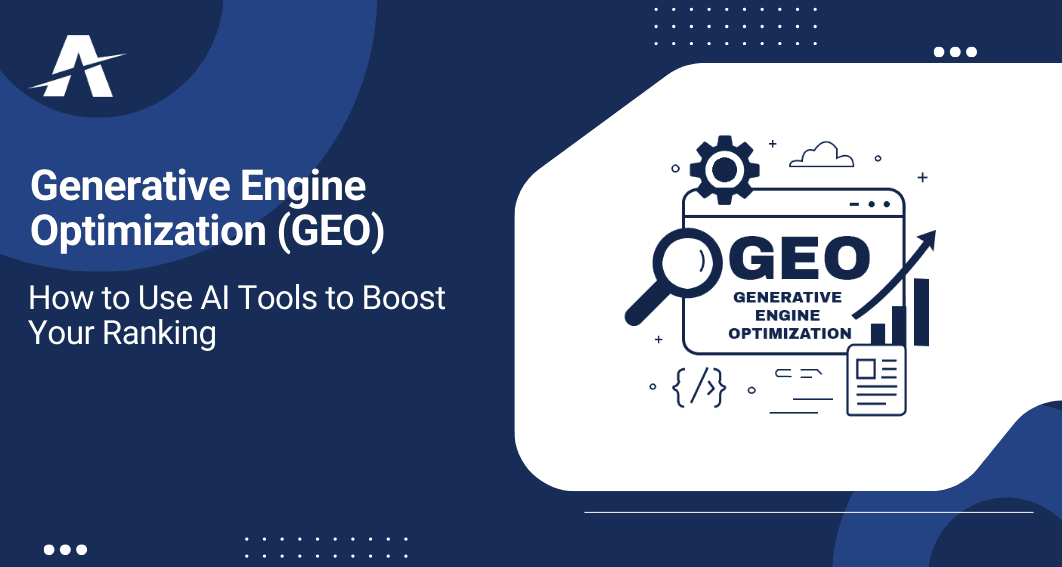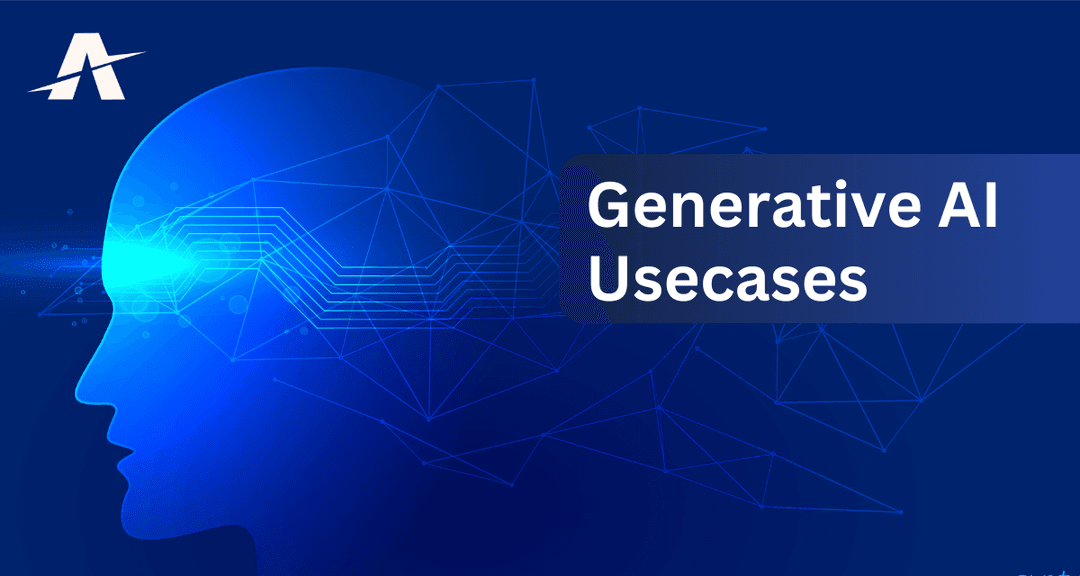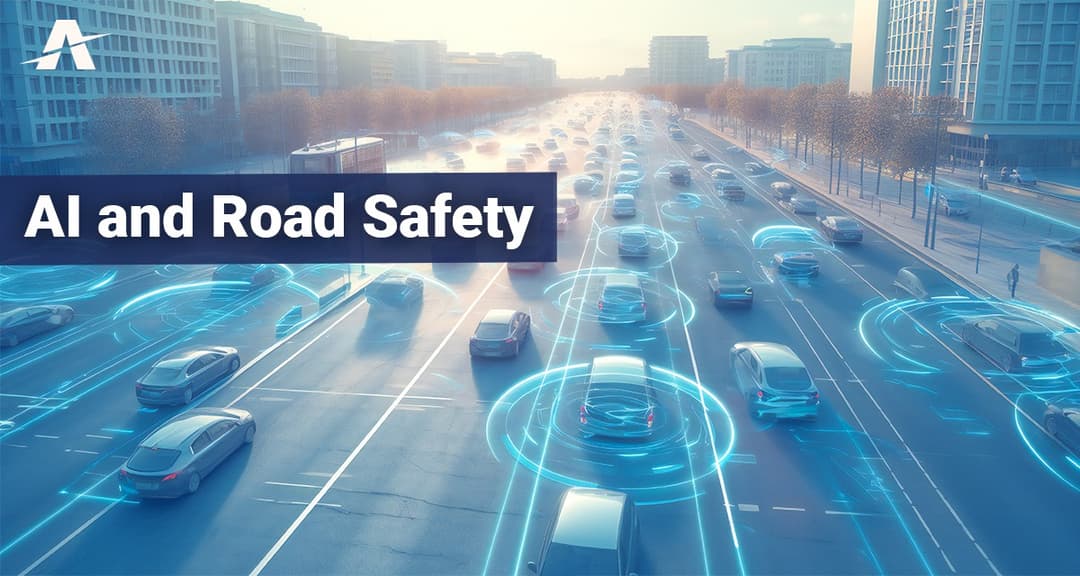Search engines are changing fast. With new AI platforms like Google’s Search Generative Experience (SGE), ChatGPT, and Gemini, the way people search and get information is very different now. Traditional SEO is not enough anymore. This is where Generative Engine Optimization (GEO) comes in. GEO is about creating content that works well with AI-powered search, which gives clear and conversational answers instead of just showing links. In this blog, we’ll explain what GEO is, how it’s different from traditional SEO, and how AI tools can help you stay visible in this new search era.
What is Generative Engine Optimization (GEO)?
Generative Engine Optimization, or GEO, is the practice of optimizing your content so it appears in AI-generated responses from tools like ChatGPT, Google’s SGE, or other conversational search engines.
Instead of focusing only on keywords, GEO emphasizes:
- User intent and context.
- Conversational answers instead of snippets.
- Content that AI models trust and recommend.
In short, GEO is about preparing your website and content for the future of search, where AI does the heavy lifting for users by summarizing and suggesting the best answers.
Traditional SEO vs. GEO: What’s the Difference?
| Aspect | Traditional SEO | Generative Engine Optimization (GEO) |
|---|---|---|
| Focus | Keywords, backlinks, technical SEO | Intent-driven, conversational, AI-friendly content |
| Optimization | Google SERPs | AI-generated results and summaries |
| Works best with | Technical SEO + link building | Structured, trusted, authoritative content |
| Goal | Rank on Page 1 of Google | Appear in AI answers & recommendations |
Both are important, but GEO represents the next level of SEO where visibility depends on how AI perceives your content’s trustworthiness and relevance.
Role of AI Tools in GEO
- AI Content Creation – Jasper AI and Copy.ai generate blog drafts, product descriptions, and FAQs optimized for natural, conversational answers.
- Keyword Intelligence – SEMrush and Ahrefs use AI clustering to find semantically related keywords beyond just search volume.
- On-Page Optimization – SurferSEO and Clearscope suggest improvements that align with AI-driven ranking factors such as topical depth and E-E-A-T.
- Analytics & Insights – AI tracks content performance, predicts trends, and provides actionable recommendations.
- Conversational SEO – AI chatbots help train content to respond in Q&A style, mimicking user-AI interactions.
How to Use GEO and AI Tools to Boost SEO
- A. Content Optimization for AI Engines
Write Q&A-style content since AI search often pulls direct answers. Use long-form content with structured headings, and incorporate natural language queries (e.g., “How does GEO work?”).
- B. AI-Driven Keyword Research
Use SEMrush, Ahrefs, or Google Keyword Planner with AI clustering. Focus on semantic and LSI keywords AI understands in context.
- C. Optimize for Conversational Search
Answer who, what, why, and how questions. Add short summaries at the start of sections. Use FAQ schema markup.
- D. Personalization with AI
Use AI analytics to segment audiences and suggest personalized SEO campaigns.
- E. GEO-Friendly Content Distribution
Repurpose blogs into AI-ready snippets for LinkedIn, Twitter, and Google Business Profiles. Use Buffer/Hootsuite for scheduling.
Best AI Tools for GEO & SEO in 2025
- Jasper AI / Copy.ai – Content generation
- SurferSEO / Clearscope – On-page optimization
- SEMrush / Ahrefs – AI keyword & competitor research
- ChatGPT / Gemini – Conversational insights
- MarketMuse – Content planning & authority building
- Frase.io – Optimizing Q&A content
Benefits of Using GEO in SEO
- Higher visibility in AI answers
- Improved targeting with intent-driven content
- Future-proof SEO strategy
- Better ROI through relevant traffic
- Authority building with trusted content
Challenges & Considerations
- Over-reliance on AI content can reduce quality.
- Human oversight ensures originality & accuracy.
- E-E-A-T (Experience, Expertise, Authoritativeness, Trustworthiness) is crucial.
- Constant updates needed as AI search evolves.
Future of SEO with GEO
- Blended SEO & GEO – Both will work together for traffic (SEO) and visibility in AI engines (GEO).
- More conversational content – Focus on question-based writing over keyword stuffing.
- Authority as ranking factor – AI will favor trustworthy, expert-backed content.
- AI citations – Businesses will optimize for being quoted by AI engines.
Bottom line: GEO is the next big step. Businesses that adopt it early will win in the AI-driven search era.
Frequently Asked Questions (FAQ) About GEO
1. What is Generative Engine Optimization (GEO)?
GEO is the practice of optimizing content for AI-driven search engines like Google’s SGE and ChatGPT so that your brand appears in AI-generated answers.
2. How is GEO different from SEO?
SEO focuses on search engine rankings, while GEO ensures content is selected in AI-powered conversational results.
3. Which AI tools help with GEO?
Jasper AI, SurferSEO, SEMrush, Ahrefs, MarketMuse, and others help with content generation, optimization, and AI-friendly keyword research.
4. Can AI replace human SEO experts?
No. AI supports SEO, but human oversight ensures originality, accuracy, and E-E-A-T compliance.
5. Is GEO the future of SEO?
Yes. As AI engines dominate search, GEO will become the core strategy for businesses to stay competitive.













